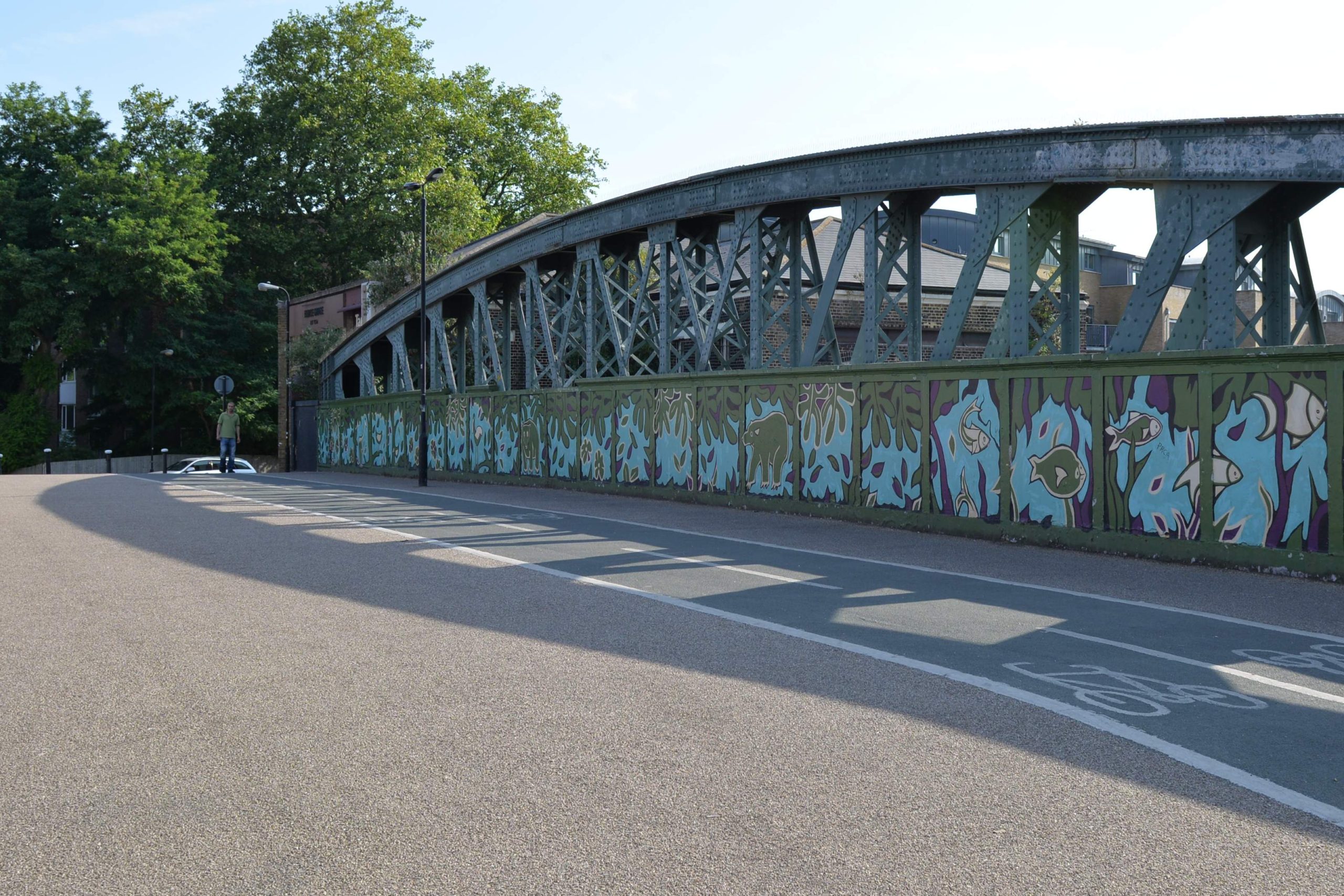I still remember the joy I felt some 15 years ago when we moved from west London to our new home in Primrose Hill. That first evening we ventured out to Mustoe’s in Regent’s Park Road to enjoy griddled kidneys and rhubarb crumble amidst the forest of pine veneer panelling. Then we had a drink at the Albert pub. Both are closed now.
It’s dull to drone on about the past, and of course London’s restless evolution is one of its glories. No doubt the squatters and piano-makers resented the arrival of the colonising intellectuals in the 1960s, and wished that Joan Bakewell and Sylvia Plath would clear the hell out of Chalcot Square.
But fifty years on, something is happening to Primrose Hill more fundamental than simple social change. We are feeling the full destructive impact of the in influx of what Andrew Marr recently branded “the ri-ra of French hedge fund managers and idle radio broadcasters”. [It’s not quite clear what Andrew has against the French, or indeed radio broadcasters, but we can take his broader point].
The fact is that Primrose Hill’s delicate urban fabric is being ripped apart, its gardens are being built over, its pubs and unique light industrial spaces are being turned into speculative housing units, and the precarious balance between business and residential life is being up-ended. And Camden Council seems entirely unable or unwilling to stop it.
Broadly speaking, there are two trends conspiring against Primrose Hill’s historic character. One is the property speculator, buying up under-valued ‘units’, extending them, dodging planning regulations, and flogging them to the world’s economic elite. The other threat comes with a genial knock at the door from a new neighbour announcing a down-sizing move from a super-home up on the Heath for a quieter life in Primrose Hill. Fair enough, you say, and then you hear on the grapevine that they have whacked in an application for a media room and a new roof garden that will overlook your children’s bedrooms.
I estimate that in a 70-yard radius from our front door, five gardens have been entirely bricked over in the past three years, despite Camden’s vaunted commitment to protect the urban green environment. Trees that are theoretically protected are mysteriously declared diseased and therefore a threat to health and safety, chopped down to make way for extensions, and Camden cannot even be persuaded to come out and take a look at this fraud. A house near us has been a shuddering building site all year as the supposedly down-sizing new owner embarks on the mother of all basement dig-outs to turn a mews house into a home fit for a minor Ukrainian oligarch.
The worst thing is the sense of powerlessness. Camden hardly even bothers any more to send out letters warning neighbours that their lives are about to be ruined by basement dig-outs or vast extensions. Besides, objecting is just as pointless as joining in with the bogus HS2 “consultation process”, because in both cases we all know the key decisions have already been taken.
The most shocking thing is that Camden Council behaves like an anguished bystander to the vandalism of the developers. I recently came back from a week away to nd that a developer had torn out the windows and lintels of an historically important house even before planning permission had been granted, and all this in what is supposed to be a Conservation Area.
I spoke to enforcement at Camden, only to be told that the council does not intervene in such cases as the developer might subsequently sue if it orders a stop to work that is subsequently approved. This is a form of madness. Camden does not enforce its own rules for fear of being sued. Those involved seem to know this full well, so they just crack on without planning permission, knowing that they can pay later to iron out any wrinkles.
A substantial conservatory has been built in Gloucester Avenue this year, allegedly without planning permission. Camden took a month even to visit the site. In the end most such cases are resolved through ‘mediation’, and almost never with the miscreant being forced to demolish what has been built without permission.
Camden complains about lack of resources, and there is some truth to that. Changes from central government have certainly rigged the planning process in favour of allowing
I spoke to enforcement at Camden, only to be told that the council does not intervene in such cases as the developer might subsequently sue if it orders a stop to work that is subsequently approved. But we residents of this loveliest corner of London are now powerless to resist the forces that are wrecking it. I have given up objecting now, having found the hard way that it is impossible for mugs like us to stop developments even when they do not have planning permission, even when they do not conform to Camden’s supposedly lofty green ambitions.
What annoys me most is that every futile complaint one sends about the destruction of our neighbourhood is answered with a dismissive reply that includes this prim exhortation: “Please think of the environment before printing this email.”
Article by Stephen Robinson.
Photo by Jason Pittock.
If you agree or disagree with Stephen, drop us an email to onthehillletters@phca.cc
or a letter addressed to:
On The Hill
c/o PHCC
29 Hopkinson’s Place (Fitzroy Road)
NW1 8TN




